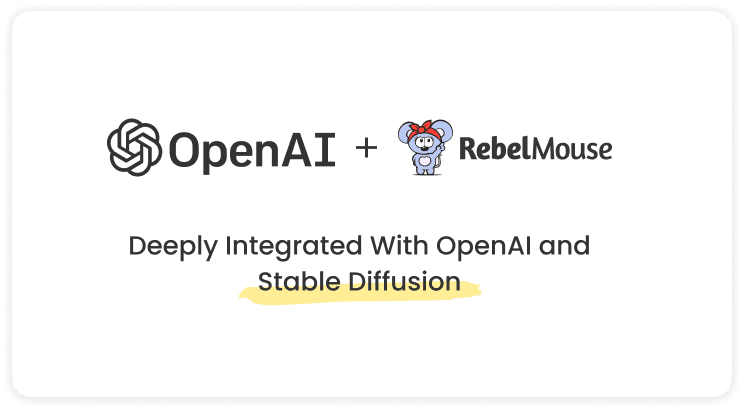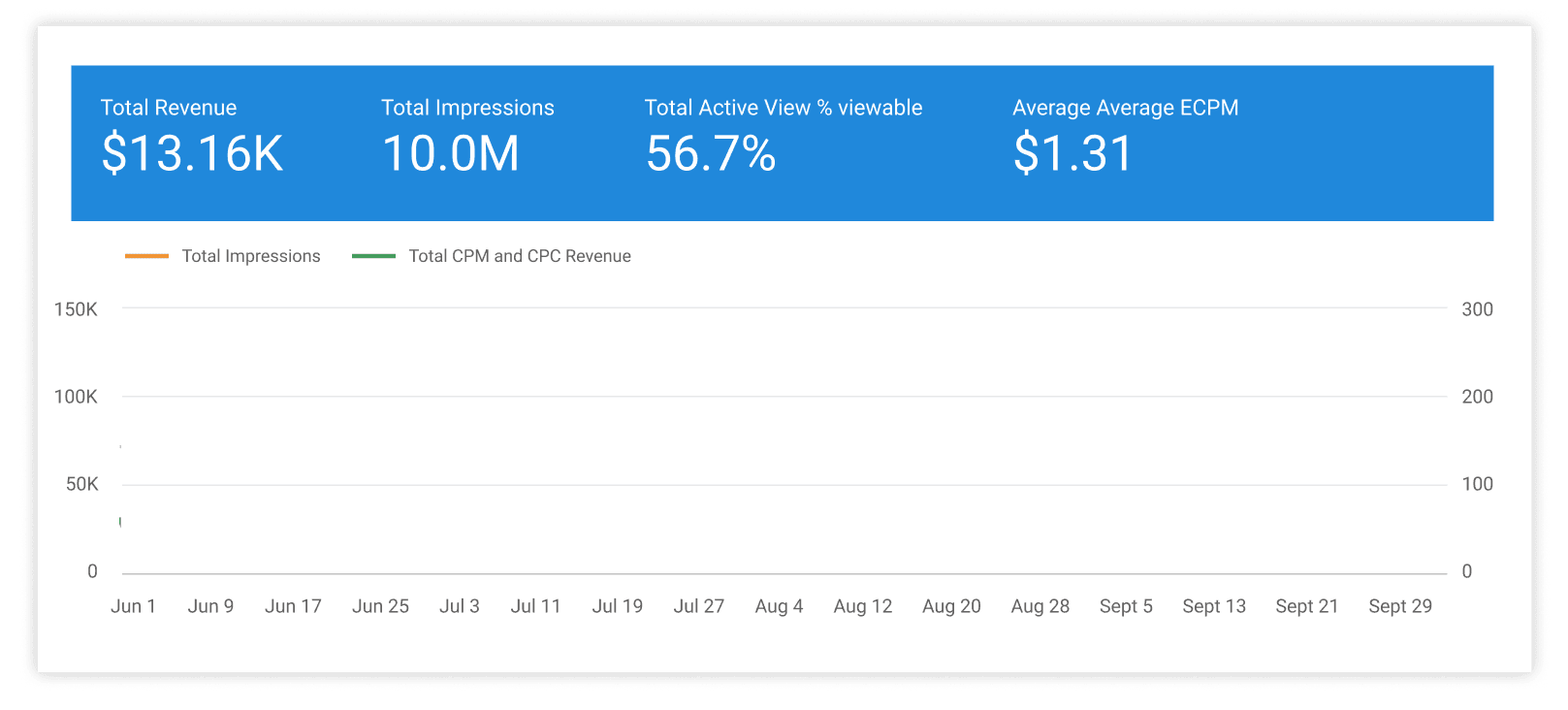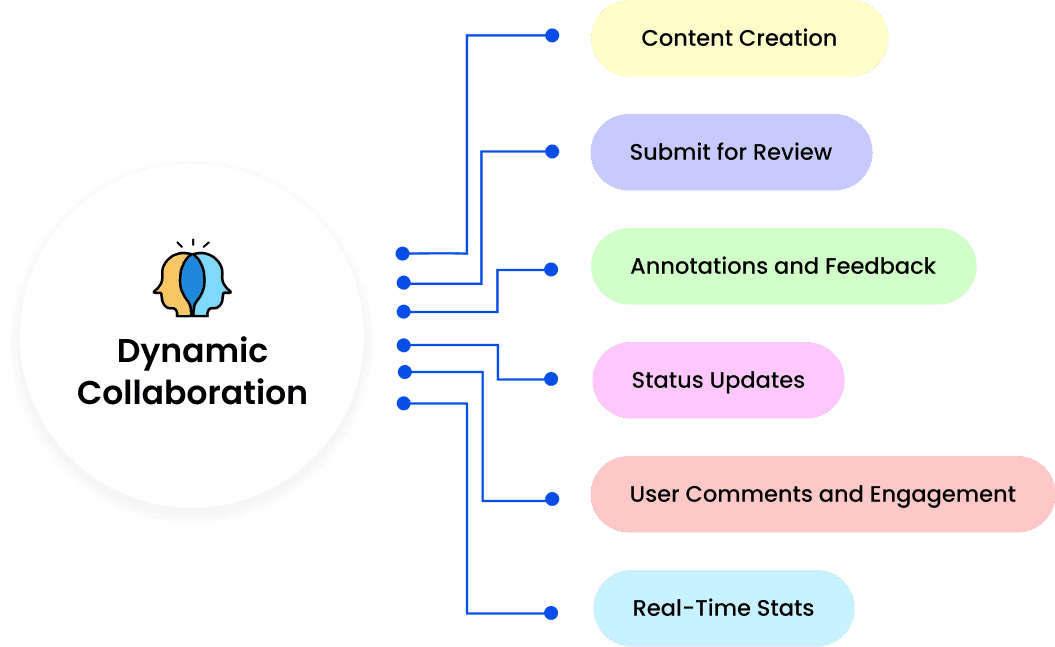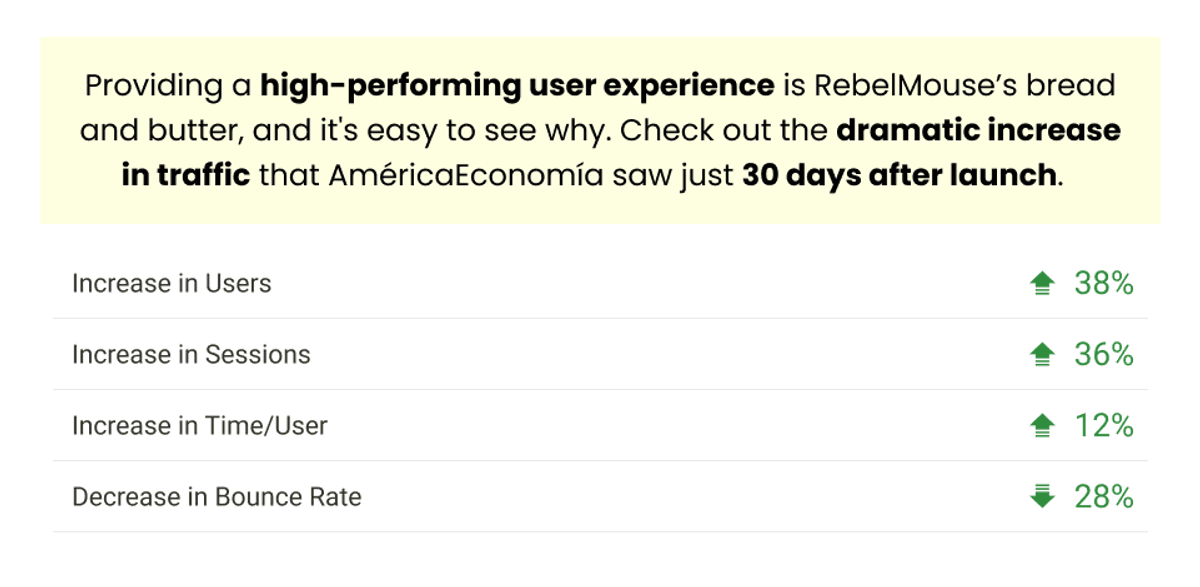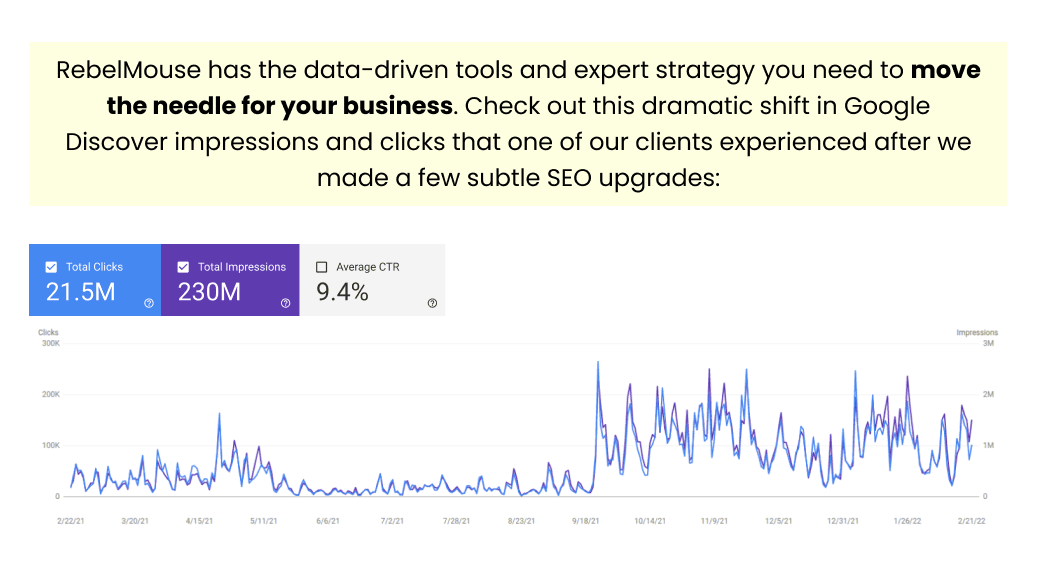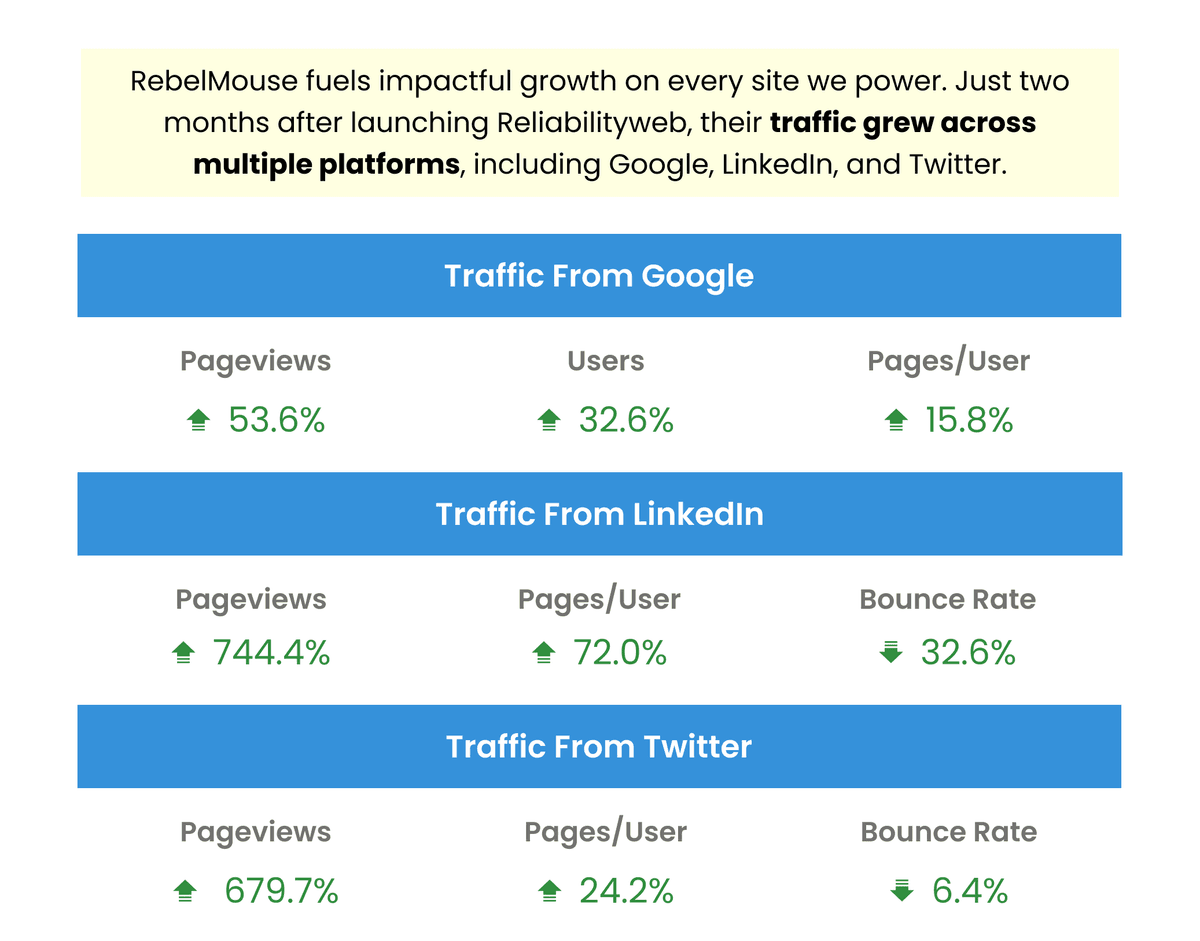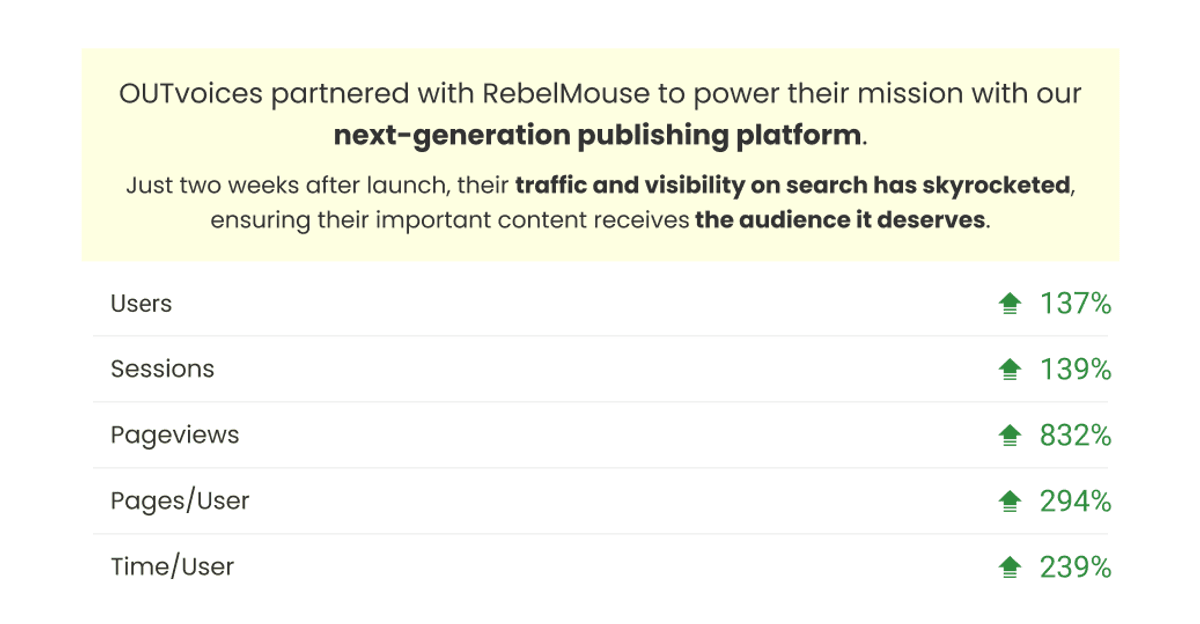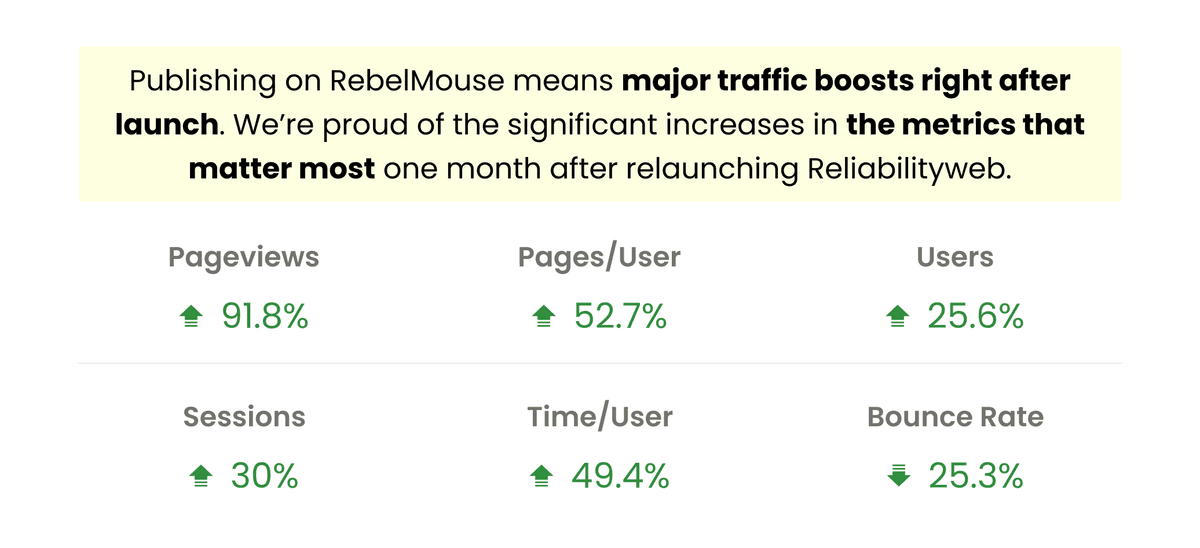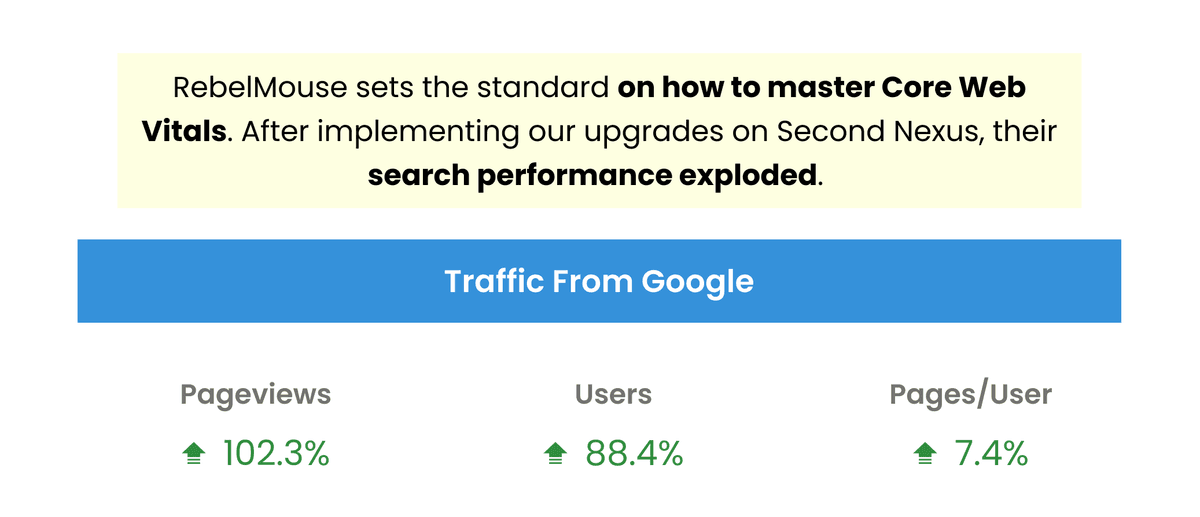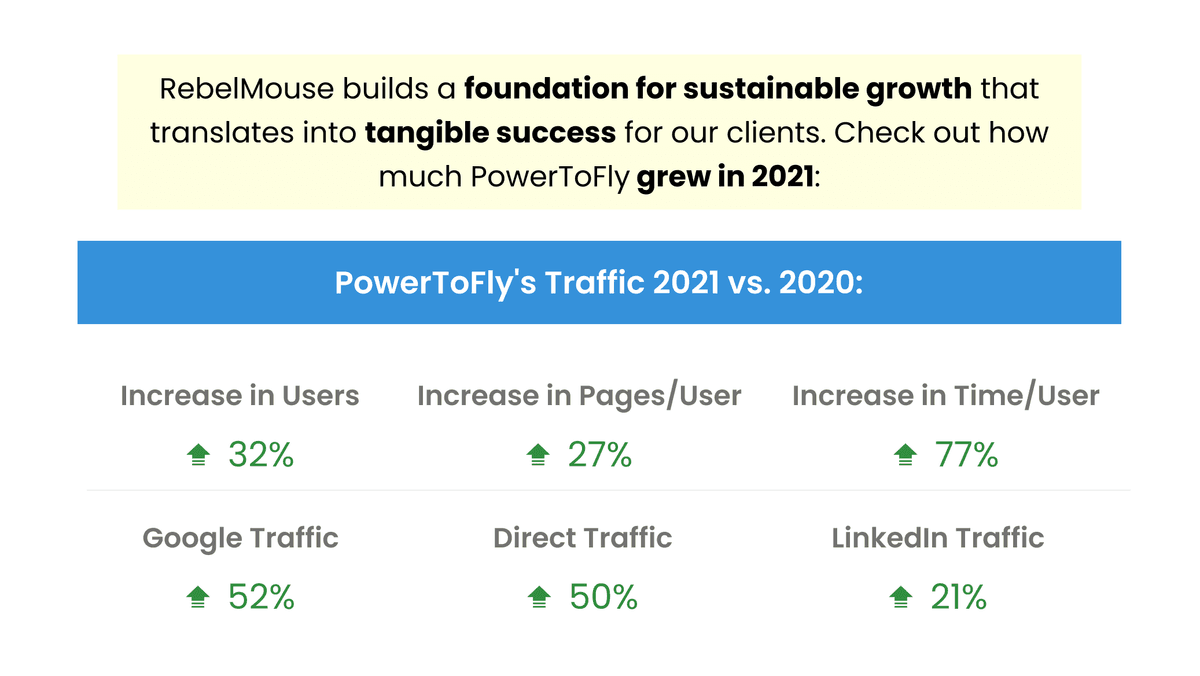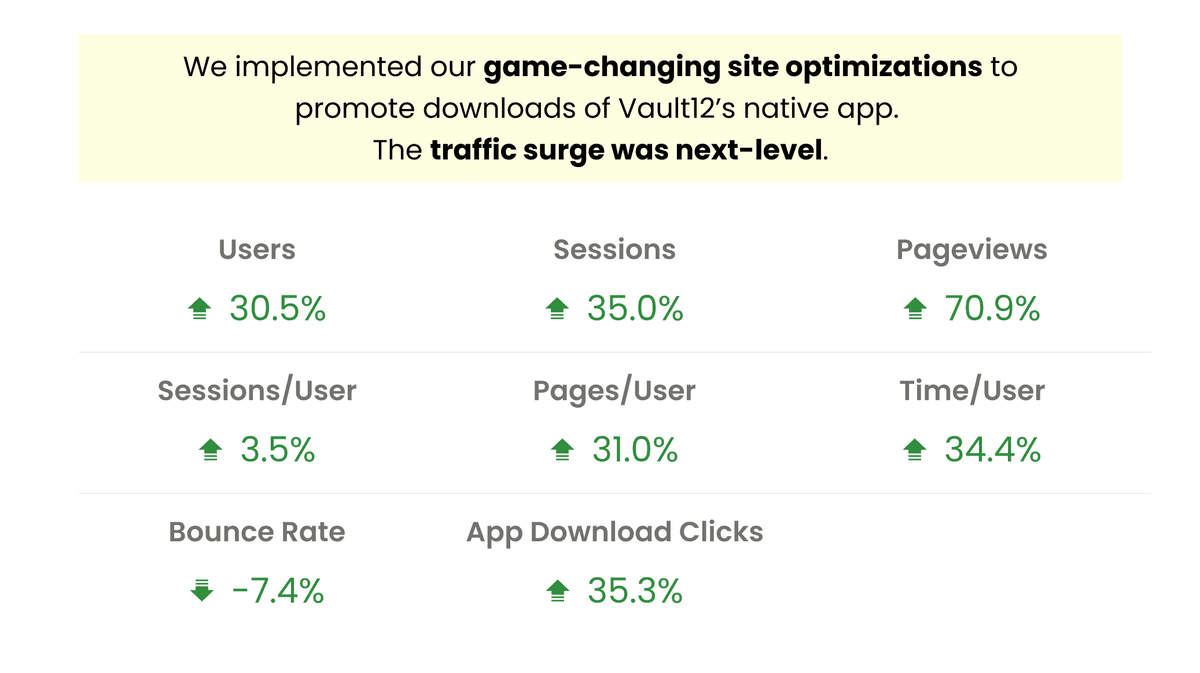
Performance is a major pillar of our platform, which means we are always making changes — both big and small — to improve page speed. Our focus on fast websites isn't platform specific, either. We want to make sure that users have a top-notch experience however they view your content, and this includes our integration with Google's AMP format.
Our team of traffic-obsessed developers recently implemented some performance optimizations to enhance our platform's integration with AMP, and that has improved the average response time for our clients. This means that users are able to access your AMP pages more quickly, which, in turn, improves your site's traffic from Google.
Here's a breakdown of the changes we've made:
- Our developers analyzed key requests that could be merged into one to reduce back-and-forth time between the microservice and the data source. Then, we removed requests that were duplicates or where data could be retrieved through other, more efficient methods.
- Our developers also reimplemented our stack. This allowed us to decouple the data-fetching phase from the rendering phase, which was causing duplicate requests.
- The way we receive information from AMP pages was re-engineered so that we can understand it more before starting the rendering phase. This optimizes the way we fetch data for a page.
- Cache logic was implemented so that we don't refetch data that is unlikely to change across similar requests.
So far, our performance updates have improved average response time on AMP pages for clients across our network. Here's a look at the data just one week after the optimizations were implemented. As you'll see, the average response time began to drop right after the changes were pushed live on September 30, 2021.
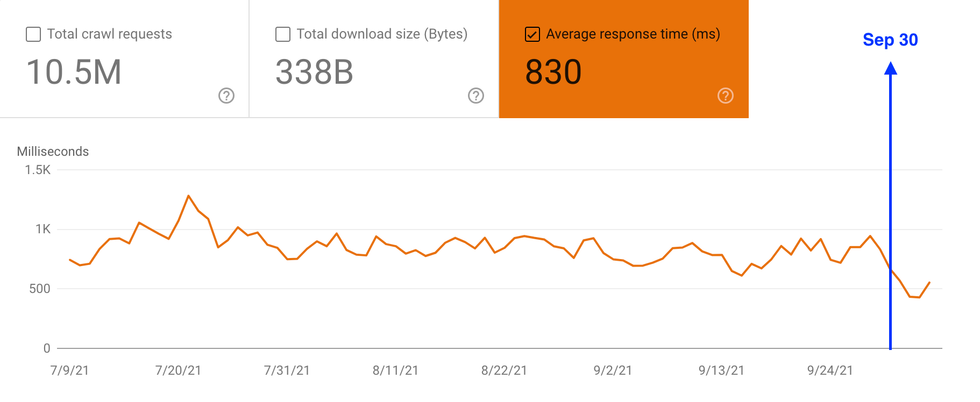
- September 28: 944 milliseconds
- October 1: 568 milliseconds (-39.8%)
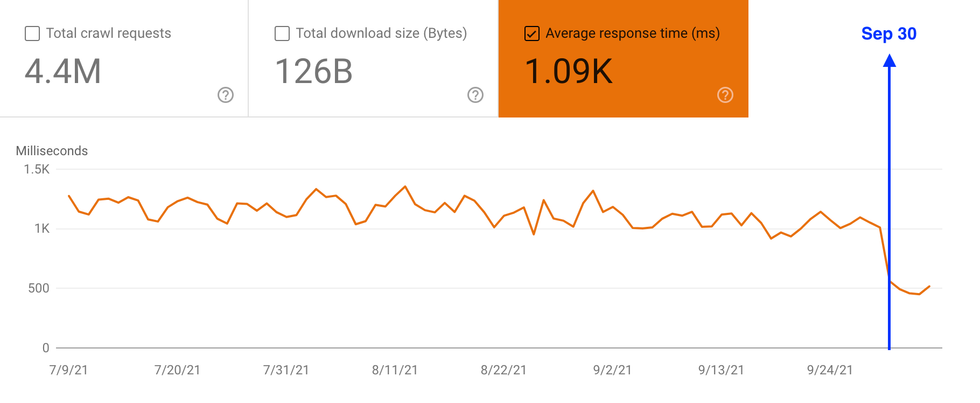
- September 29: 1,011 milliseconds
- September 30: 559 milliseconds (-44.7%)
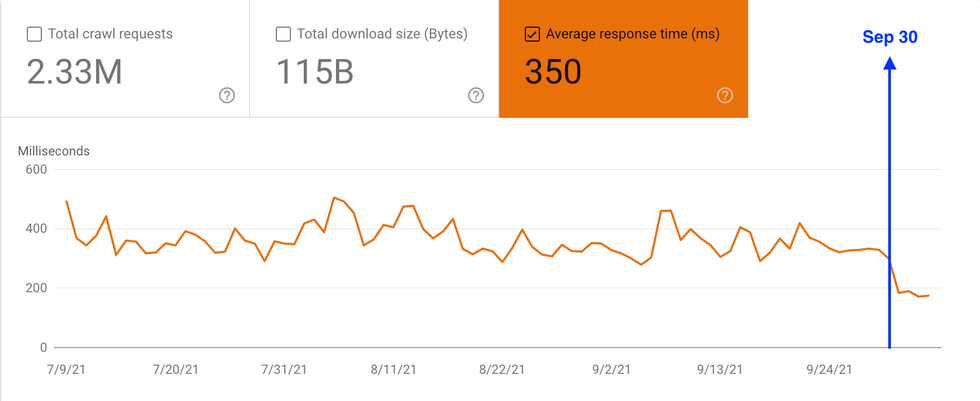
- September 29: 329 milliseconds
- October 1: 184 milliseconds (-44.1%)
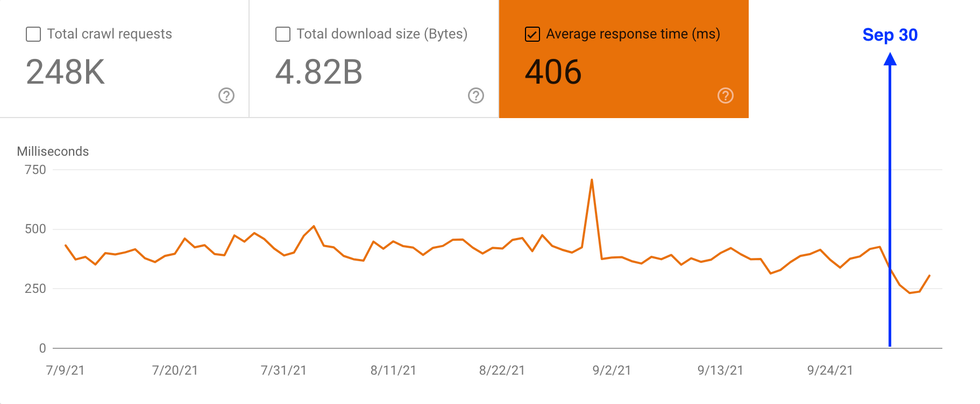
- September 29: 426 milliseconds
- October 1: 266 milliseconds (-37.6%)

- September 29: 649 milliseconds
- October 1: 354 milliseconds (-45.5%)
We will continue to monitor the average response time on AMP pages across the sites we power to ensure that the metric continues to improve. If you have any questions about our AMP optimizations, talk to your account manager or reach out to support@rebelmouse.com today.
Not on RebelMouse yet? Request a proposal and let's start working together.
























